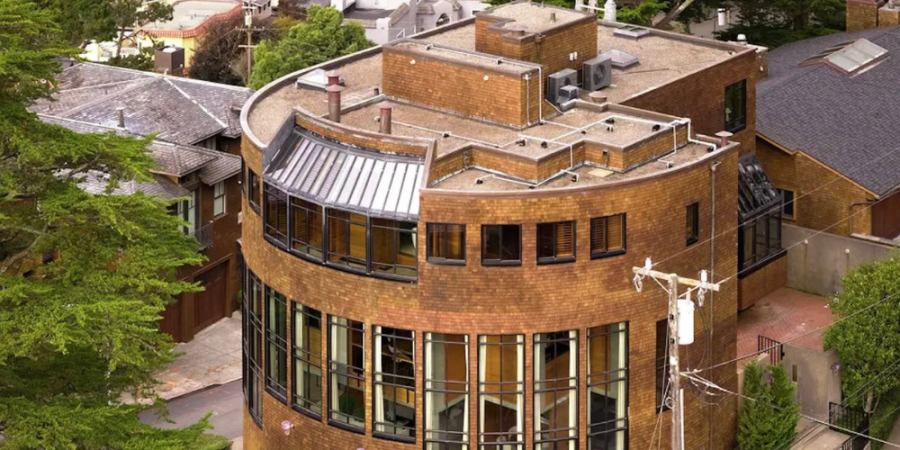Owning a home is often seen as the American dream, but it’s not the best path for everyone. High homeownership rates in the U.S. don’t tell the whole story. Historically, families had to choose between building their own homes or renting. Though it might not always seem ideal, renting has significant advantages, especially for those whose financial situations favor flexibility over permanence. So, what is an advantage of renting a place to live? Below are 10 main benefits of renting rather than buying a home.
What Is an Advantage of Renting a Place to Live? 10 Reasons That Could Save You Money
1. No Maintenance Costs or Repair Bills
When you rent, the responsibility for maintenance, improvements, and repairs falls squarely on the landlord’s shoulders. If your refrigerator malfunctions or the roof begins to leak, a simple call to your landlord is all it takes to solve the problem—without any cost to you. On the other hand, homeowners must bear the full burden of these expenses, which can quickly add up, especially when multiple issues arise simultaneously.
2. Access to Amenities
Many rental properties offer amenities like in-ground pools or fitness centers at no additional charge. Homeowners desiring similar luxuries would face thousands of dollars in installation and maintenance costs. Even condo owners aren’t spared; such expenses are incorporated into monthly homeowners association (HOA) fees.

Adriaan Greyling | Pexels | Rental homes offer amenities like in-ground pools at no additional charge.
3. No Real Estate Taxes
A significant financial advantage for renters is the absence of property taxes—a hefty and varying burden for homeowners based on county assessments. These taxes can amount to thousands annually, determined by the property’s estimated value and land area, representing a significant financial load for homeowners.
4. No Down Payment
The up-front cost of renting is generally limited to a security deposit, equivalent to one month’s rent, which is often refundable. In contrast, buying a home typically requires a substantial down payment, around 20% of the property’s value, presenting a significant barrier to homeownership for those with substantial savings.
5. More Flexibility As to Where to Live
Renting offers the flexibility to live almost anywhere, even in locations where buying might be unaffordable. This is particularly relevant in high-cost areas like New York City, where renting can be more financially feasible than buying.
6. Few Concerns About Decreasing Property Value
Renters are largely insulated from the fluctuations in property value that can significantly impact homeowners, affecting everything from property taxes to mortgage amounts. This stability is a clear perk in volatile housing markets.
7. Flexibility to Downsize
At the end of a lease, renters can downsize to more affordable living spaces, a flexibility particularly beneficial for retirees seeking to match their housing costs with their budgets. Homeowners face significant hurdles in selling and moving, especially if their home’s selling price cannot cover the cost of renovations.
8. Fixed Rent Amount
Rent agreements typically fix the rent amount for the lease term, allowing renters to budget more efficiently despite potential future increases, which landlords must notify tenants about in advance. Homeowners with fixed-rate mortgages enjoy similar predictability, though those with adjustable-rate mortgages may face fluctuating payments.
9. Lower Insurance Costs
Renters insurance is significantly cheaper than homeowners insurance, covering personal possessions like furniture and electronics at a much lower annual cost, thereby reducing the overall cost of living for renters.
10. Lower Utility Costs
Rental properties, often more compact and efficiently designed than houses, result in lower heating and electricity costs. This difference can lead to substantial savings over time, especially in larger or older homes that are less energy-efficient.
The Bottom Line
What is an advantage of renting a place to live? While homeownership comes with the benefit of building equity, renting offers flexibility, lower costs, and freedom from the maintenance and financial responsibilities of owning a home. Ultimately, the decision to rent or buy should be based on individual lifestyle, financial situation, and long-term goals. For many, the advantages of renting offer a compelling case for considering it a viable, and sometimes preferable, alternative to homeownership.












